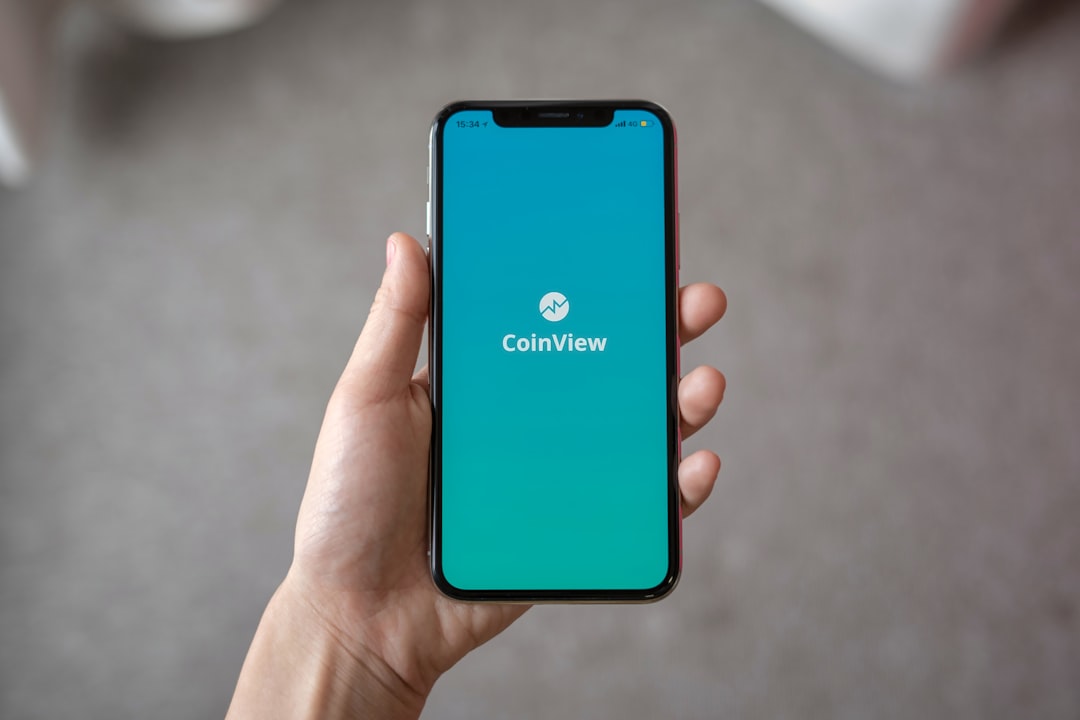Robocalls in San Antonio, while useful for marketing, have raised privacy concerns due to the Telephone Consumer Protection Act (TCPA). Robocall lawyers San Antonio specialize in enforcing these laws, handling complaints, and providing legal recourse against unsolicited calls. Understanding TCPA implications is crucial for businesses and residents to protect privacy. Suspect robocalls can be identified by repeated calls from unknown numbers, generic messages, or lack of personalization. Documenting call details is essential evidence if legal action is required. These lawyers assist residents in combating relentless robocalls, reclaiming peace of mind, and navigating complex telecommunications regulations. For law firms, effective strategies for managing automated calls involve tailored communication approaches to enhance client connections.
In the age of digital communication, robocalls have become a persistent nuisance, but they also carry significant legal implications in San Antonio. This article explores the intricacies of robocalling laws and the strategies needed to build a strong case against aggressive automated callers. From understanding when robocalls cross the line to uncovering red flags and engaging the expertise of robocall lawyers San Antonio, we navigate the path to legal solutions. Learn effective strategies for presenting compelling cases in local courts.
Understanding Robocalls and Their Legal Implications in San Antonio
Robocalls, automated phone calls that deliver pre-recorded messages, have become a ubiquitous part of modern communication, often used for marketing and advertising purposes. While they can be effective tools for businesses to reach potential customers, robocalls also raise significant privacy concerns among San Antonio residents. In many cases, these automated calls are considered intrusive and even illegal, especially when they violate state or federal laws regarding telemarketing practices.
In San Antonio, as in many parts of the United States, there are strict regulations in place to protect consumers from unwanted robocalls. The Telephone Consumer Protection Act (TCPA) prohibits automated phone systems from making calls to individuals without their prior express consent. Robocall lawyers in San Antonio play a crucial role in ensuring these laws are upheld, helping residents file complaints against violators and seeking legal remedies for any damages incurred due to unsolicited calls. Understanding the legal implications of robocalls is essential for both businesses operating in San Antonio and residents looking to protect their privacy.
When is a Robocall Considered Illegal? Uncovering the Red Flags
In the vibrant city of San Antonio, as across Texas, a robocall is generally considered illegal if it violates federal or state laws designed to protect consumers from unsolicited and nuisance calls. One clear red flag is when callers use automated systems or prerecorded messages to deliver marketing or promotional content without prior consent. This is a common tactic used by unscrupulous businesses to inundate residents with unwanted calls, often posing as local services or government agencies.
Other telltale signs of an illegal robocall include repeated calls from unknown numbers, calls that hang up immediately or after a few rings, and messages that lack personalized content or specific information relevant to the recipient. If you suspect a robocall, it’s crucial to document the details—call date, time, number, message content—as this evidence can be invaluable when retaining robocall lawyers San Antonio for legal action against persistent or abusive callers.






